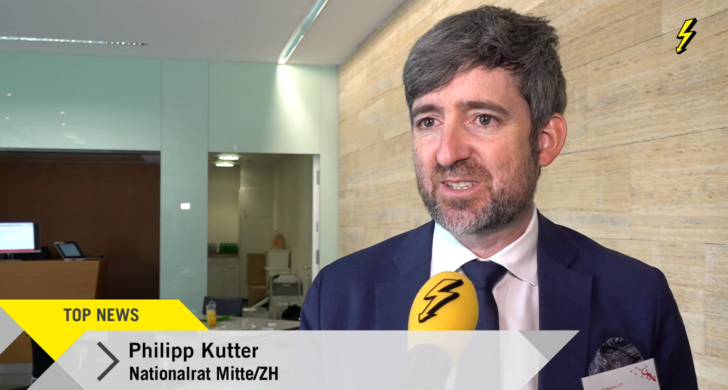1'200 nano-experimental kits for Secondary Schools in Zurich

In the canton of Zurich, high school classes will be experimenting with nanotechnology in the future. Starting this fall, schools will be provided with 1,200 "SimplyNano 2" experiment kits free of charge. The project is already running successfully in four cantons. It is to be implemented throughout Switzerland by 2025.
Nano experiments with a "wow" effect
Why does the gecko stick to the ceiling? Why do babies lie dry in diapers? Or how does a COVID-19 vaccine get into cells? With nanotechnology! It is the science of the very small and is considered the technology of the future par excellence. Whether in nature, in everyday life or in medicine, nanomaterials are everywhere. This school year, 1,200 "SimplyNano 2" experiment kits for nature and technology lessons will be made available to the upper grades in the canton of Zurich. It is a practice-oriented, novel learning medium with 32 exciting experiments, a learning workshop and all necessary chemicals, materials and documentation. Teachers are familiarized with the new learning medium in courses.
Promoting new technologies and girls
At today's media conference, Zurich National Council member Philipp Kutter (Die Mitte), a member of the Commission for Science, Education and Culture and Mayor of Wädenswil, shed light on the project from the perspective of education policy. Under the title "Inspiring children - combating the shortage of skilled workers," he drew a connection between inspiring science lessons in schools and motivated and innovative later professionals in the professional world. He said schools must keep pace with change while addressing the problems of the future, such as the shortage of skilled workers. "The "SimplyNano 2" project is a lighthouse project for the Swiss educational landscape that should be implemented throughout Switzerland. In particular, we must succeed in getting more girls interested in scientific and technical professions."
Nanomaterials in everyday life and medicine
Because of their special properties, nanomaterials are not only found in everyday products such as sun creams or textiles, but also in medicine. Rahel Troxler Saxer, MD, Medical Director at Pfizer Switzerland, explained how the new mRNA COVID-19 vaccine uses nanotechnology to reach cells in the body. Currently, about 4.5 million people in Switzerland have been vaccinated and benefit directly from the new vaccines. Nanotechnology is thus making a key contribution in the fight against the Corona pandemic.
Nationwide deployment planned by 2025
After St. Gallen, Aargau and both Appenzells, the canton of Zurich is already the fifth canton in which the learning medium is being made available to schools nationwide. By the end of 2025, the experimentation kits are to be in use in secondary schools throughout Switzerland. The learning medium was developed by the SimplyScience Foundation and the Innovation Society. The project is supported by the Canton of Zurich with funding from the Lottery Fund and by a broad alliance of the following partners:
Adrian Weiss Stiftung, AMGEN Switzerland AG, Asuera Stiftung, Bärbel & Paul Geissbühler Stiftung, Baugarten Stiftung, Bülacher Industrien, Burckhardt Compression AG, Die Innovationsgesellschaft, DOW Chemicals AG, Ernst Göhner-Stiftung, Fondation Dimitris N. Chorafas, Geistlich Pharma AG, Givaudan SA, Grütli Stiftung, Hans Eggenberger Stiftung, Helmut Fischer und A. Walther Stiftung, Lotteriefonds des Kantons Zürich , Migros Kulturprozent, Mobiliar Versicherungen, Pfizer AG, Zürich, Rotary Club (RC) Au am Zürichsee, RC Dübendorf, RC Oberer Zürichsee, RC Schönenberg, RC Thalwil, RC Zürich , RC Zürich Unterland, RC Zürich-Limmattal, Schwyzer-Winiker Stiftung, SimplyScience Stiftung, Swiss Life Stiftung «Perspektiven», Syngenta AG, TECAN AG, Vetropack AG, Zürcher Handelskammer
Further Information: www.simplynano.ch